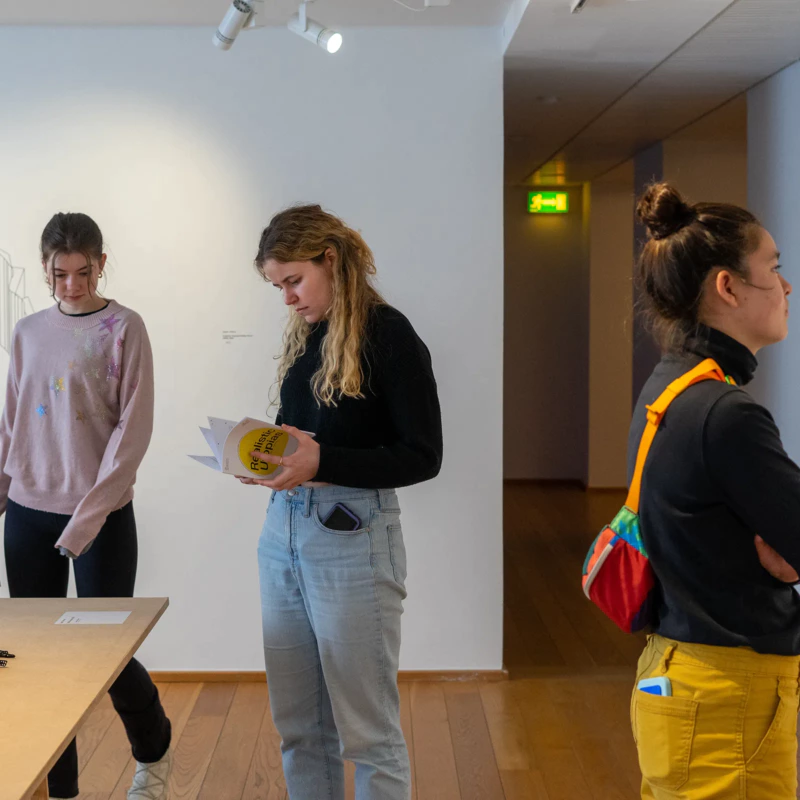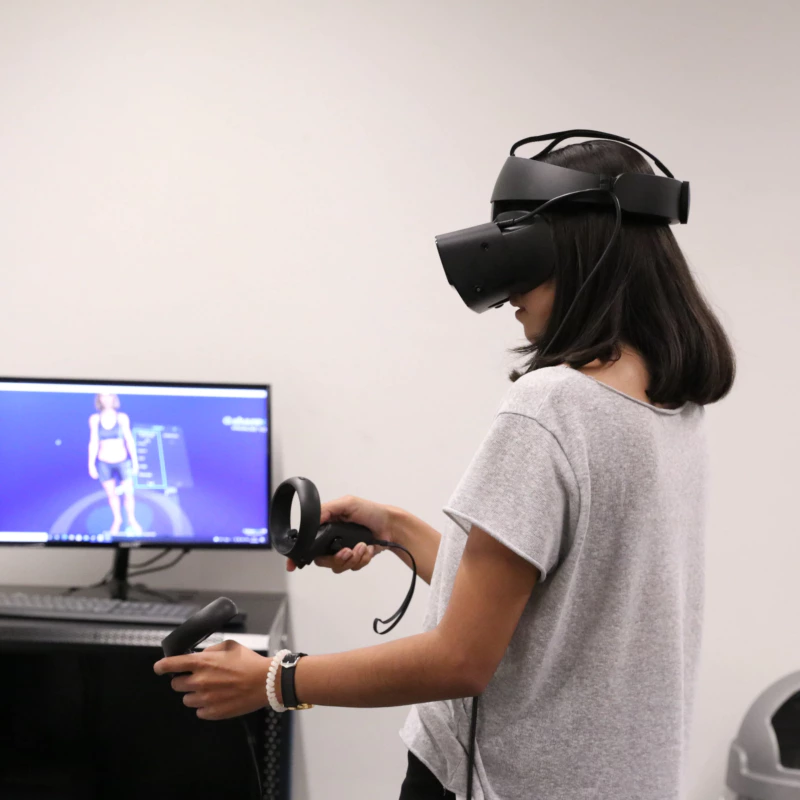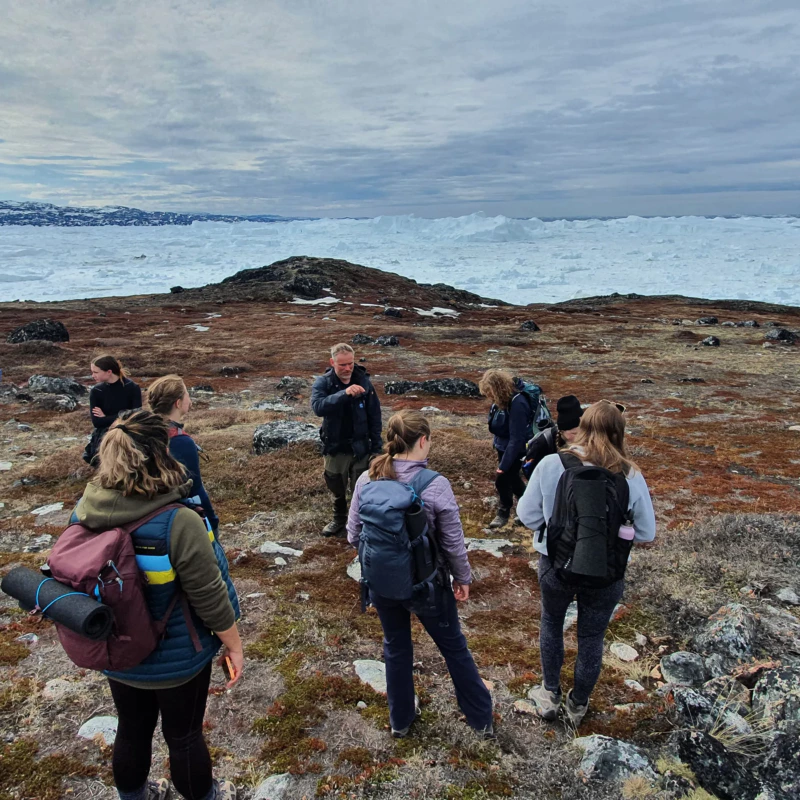Curating Today: Artists, Exhibitions, and Audiences
What is the role of the curator in culture and society today? This hands-on course delves into the art scenes of both Stockholm and Venice to examine how and why art exhibitions and other cultural experiences are conceived, produced, and presented.
Curators work with artists, institutions, researchers, and other members of society to shape public debate and create new experiences for audiences. Through site visits in Stockholm and on study tour in Venice you will meet key figures in the arts, gaining firsthand insights into…









